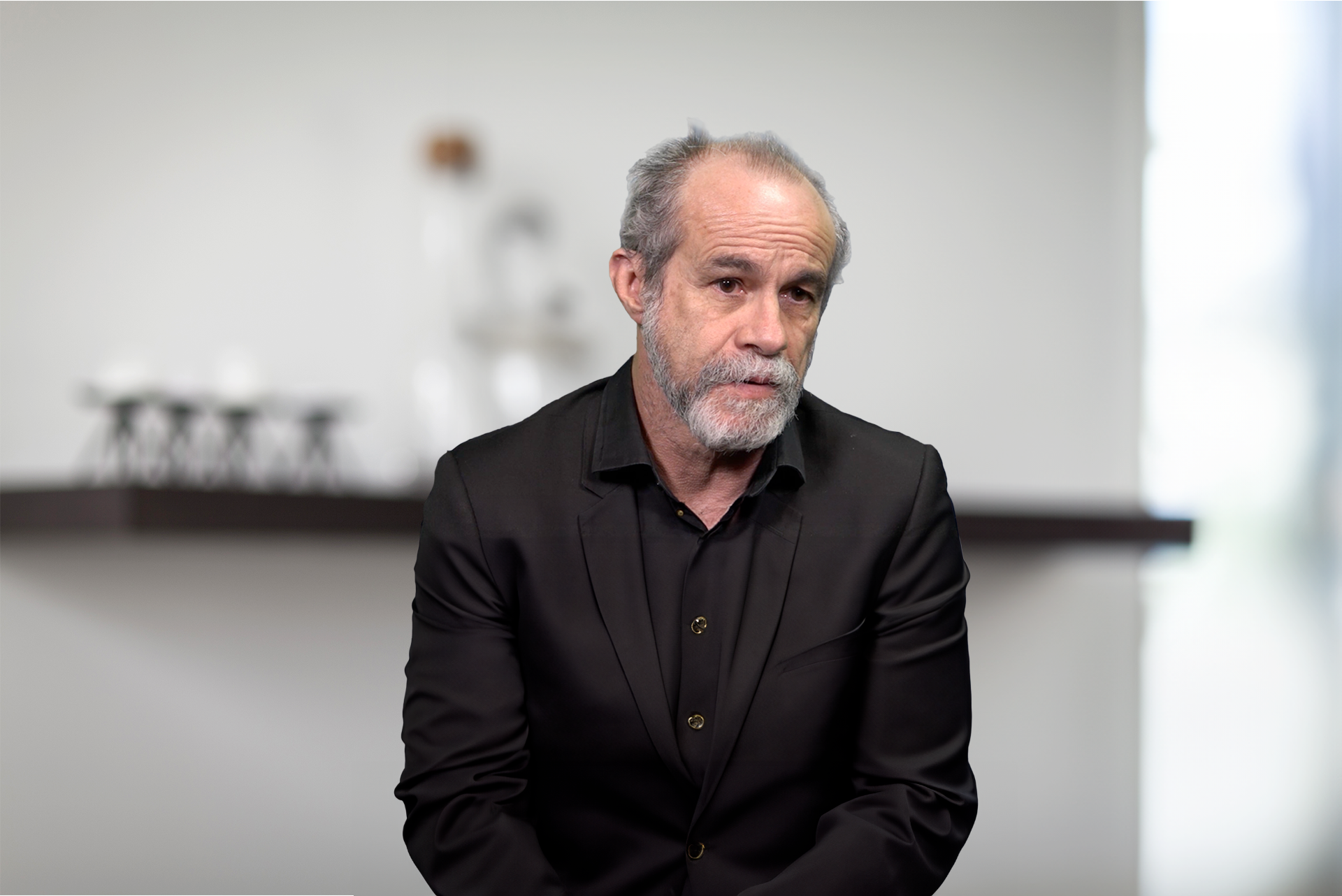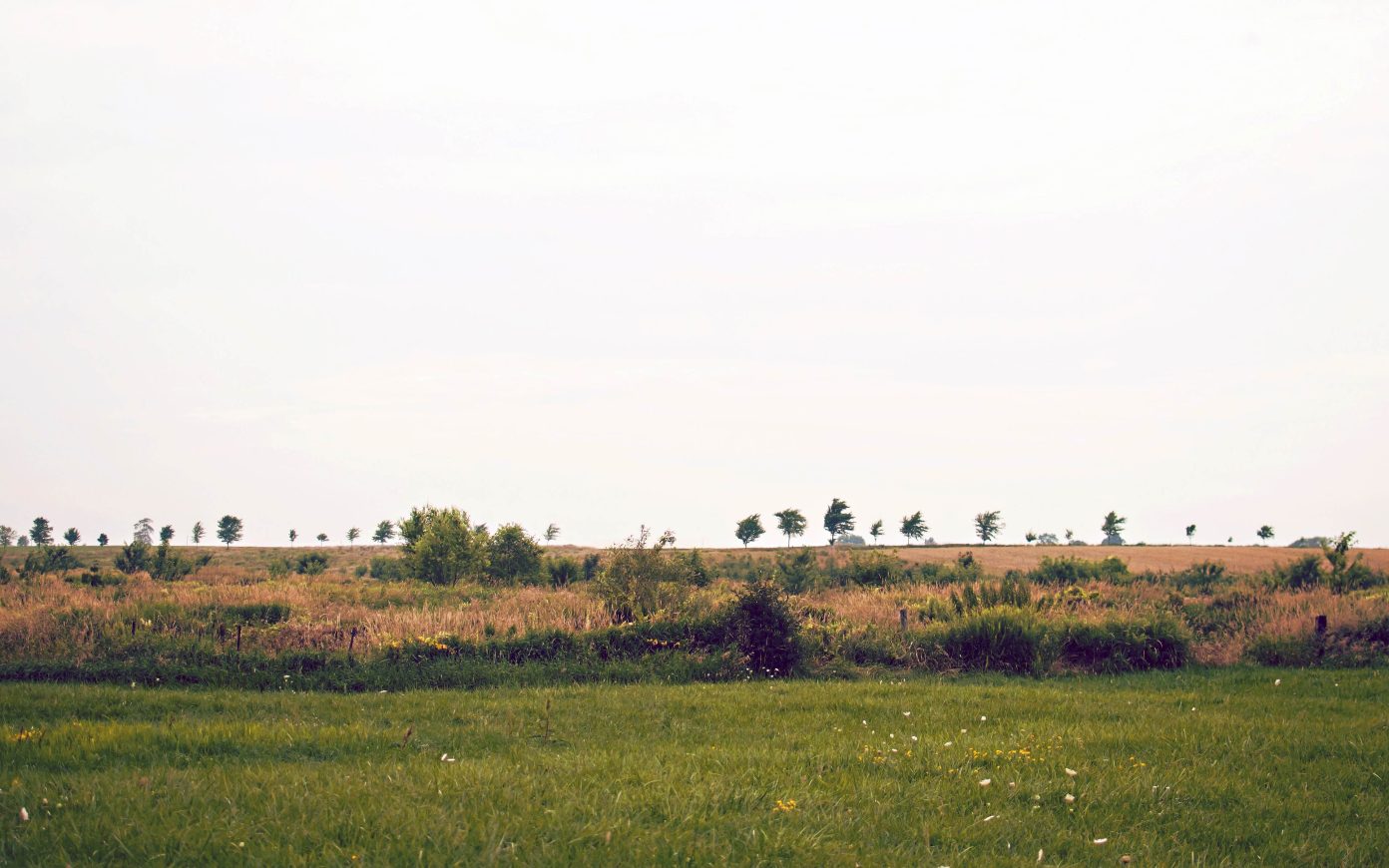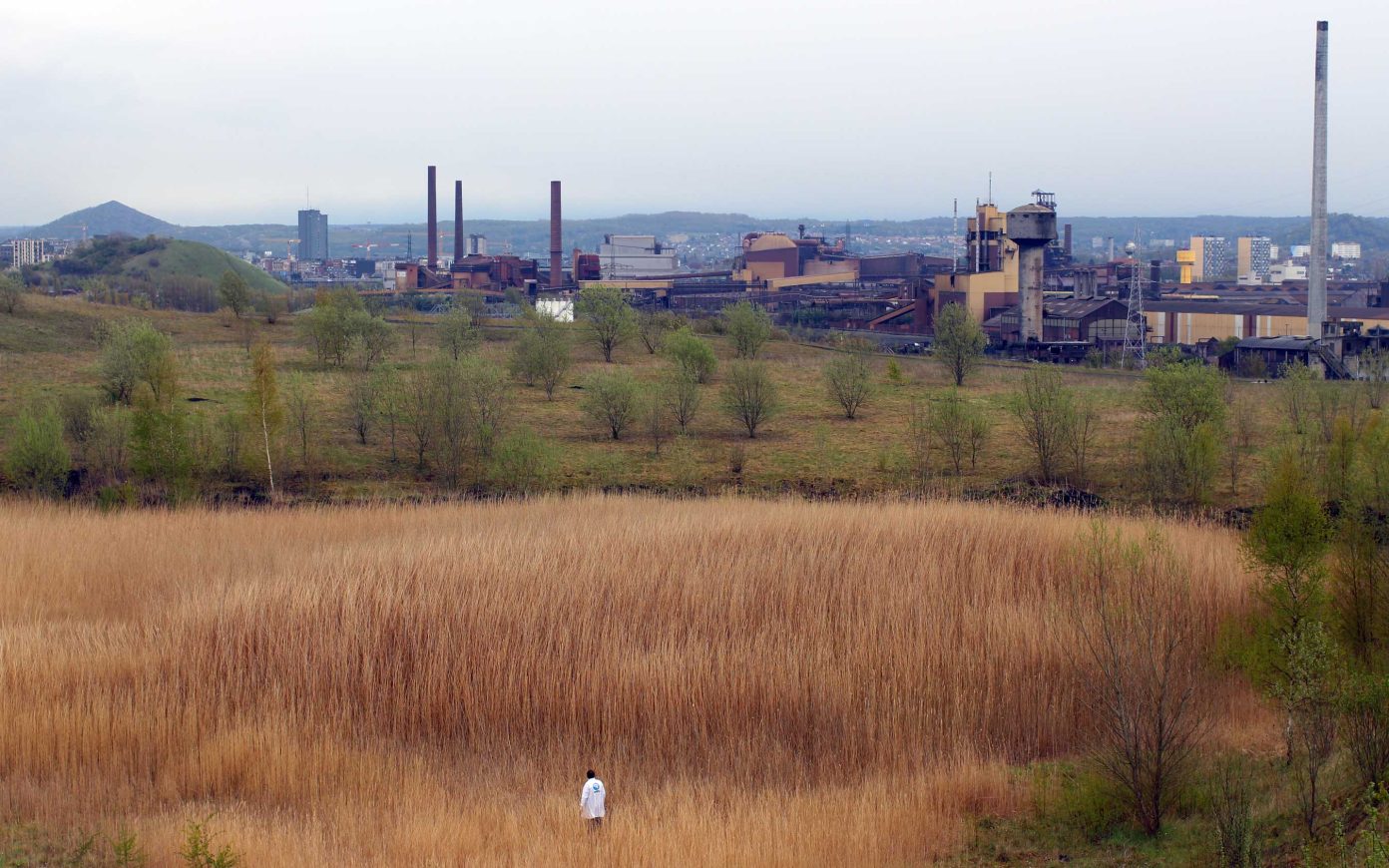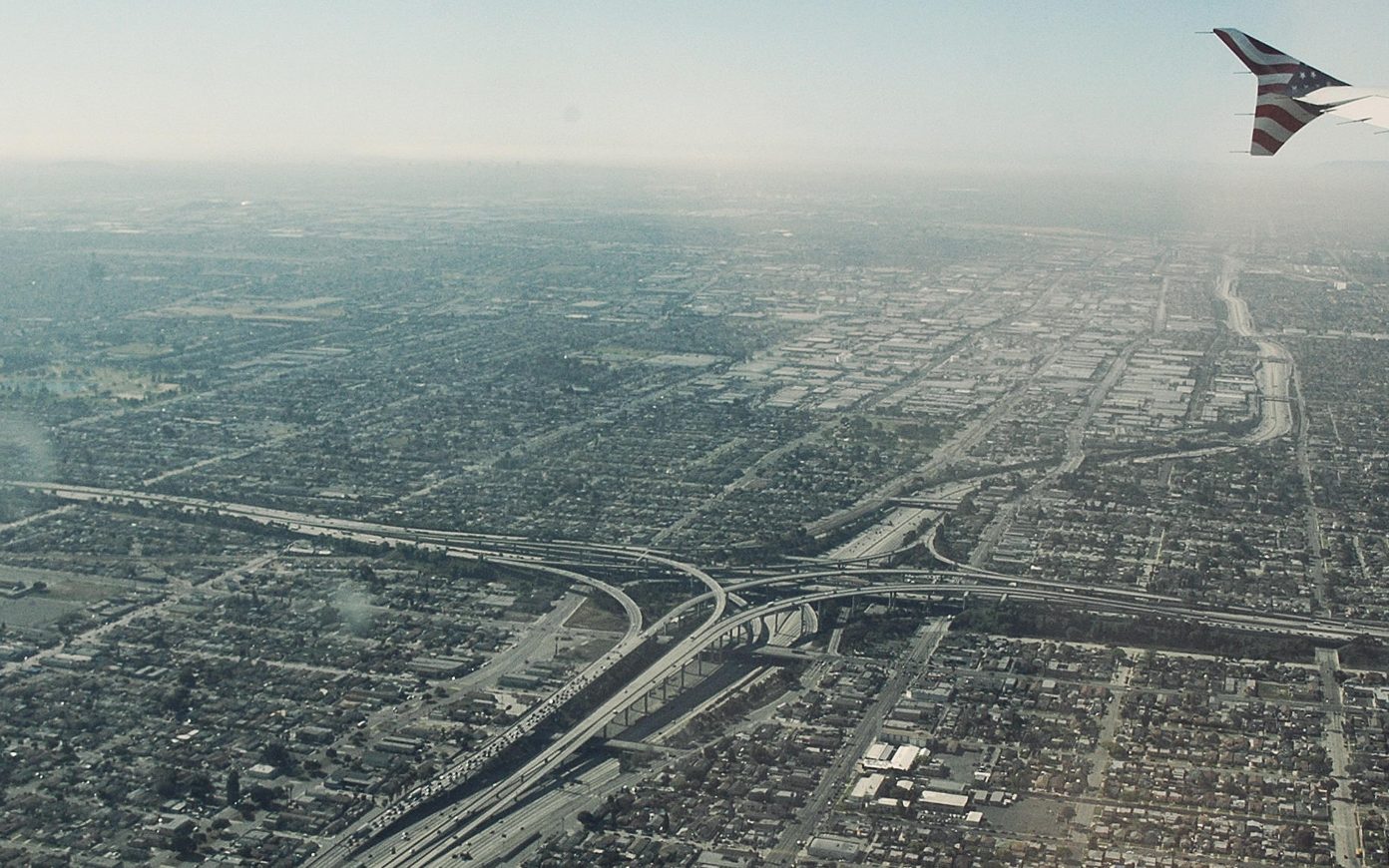Peri-Urban Land Stakes
The city of the Anthropocene boasts a new relation to nature that emerges from the elaboration of a novel continuum between urban spaces and the biosphere. This living dimension, which has long been suppressed by modernist planning schemes, has nevertheless always been at the core of the work and of the practice of landscape design. Michel Desvigne speaks of his attachment to the physical dimension of things, of how he envisions urbanization as a landscape designer and of his work on peri-urban territories and scattered housing—a key urban issue that he seeks to “mend” by working on the “lisière”, the intermediary landscape situated between the city and the agricultural landscape. He calls for a more significant commitment on behalf of public authorities, but also for a new vision for agriculture. Michel Desvigne is a landscape designer and architect, director of MDP Agency, Grand Prix in Urban Planning.




